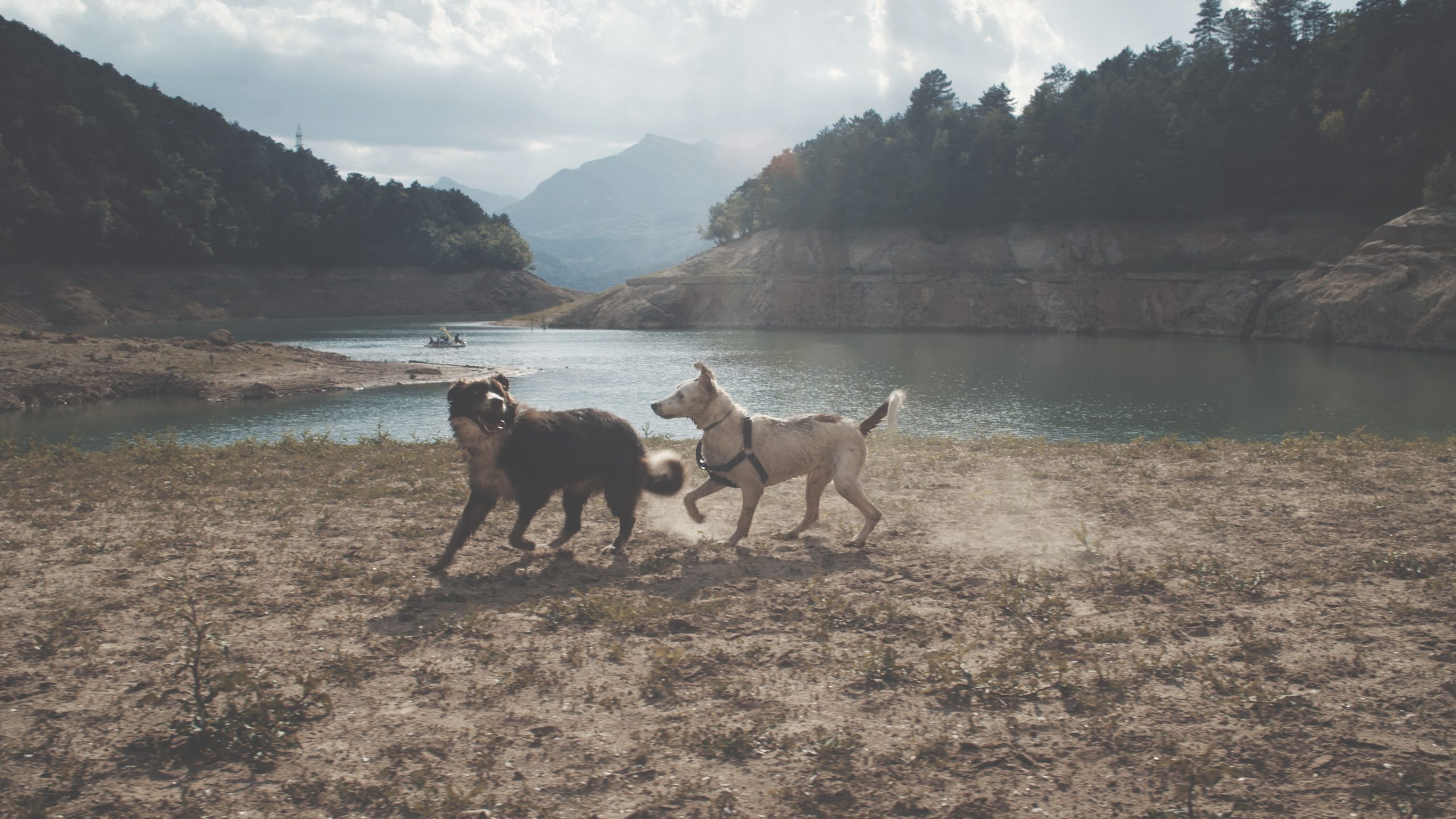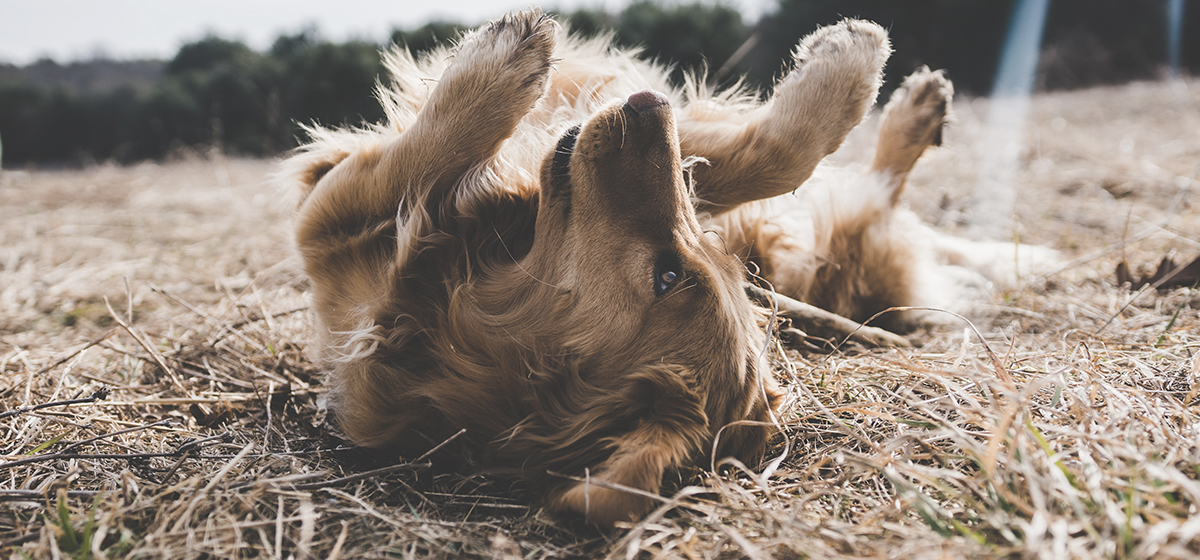February is Spaying and Neutering Awareness Month. Not only is it responsible pet care, but it also brings benefits for our furry friends. And with HDB’s new ruling allowing cats in flats in Singapore, this subject couldn’t be more relevant.
When you first welcome your new pet into your home, ensuring a healthy beginning involves spaying or neutering them. But rather than saying these are just mere medical procedures, let’s instead emphasise that they are acts of love and care for our furry companions.
What it means for you and your pets
A longer, healthier life
Having your cat or dog spayed or neutered can contribute to a longer, healthier life for them. Typically, spaying or neutering your dog can extend their lifespan by 1 to 3 years on average. For cats, it could mean enjoying an extra 3 to 5 years of life.
By having your pets fixed, you’re not just ensuring their well-being, but also giving them more cherished years by your side.
Fewer health issues
We all want our furry friends healthy for as long as possible. Studies show neutered male dogs and cats have fewer prostate issues, and spayed females are less likely to get breast tumours or uterine infections.
While you can have your pet spayed or neutered at almost any time, it’s ideal to have your kitties done by 5 months, once they reach an acceptable weight. For pups, small breeds under 45 pounds should get snipped around 5-6 months generally, while big guys over 45 pounds can wait till 9-15 months when they’re mature.
But every pet is different, and it’s best to talk to your vet about it. They can give you tailored advice based on your pet’s breed, age, and size.
Less desire to roam
When it comes to our male pets, getting them neutered can really save a ton of headaches! Those raging hormones also means a much intense desire to roam. Neutering helps simmer that urge and reduce the risk of fights with other pets. Intact males are more likely to escape in pursuit of mating opportunities, increasing their risk of becoming lost.
Cats can be quite loud when they’re in heat. They often vocalise and persistently attract male cats for mating. From subtle meowing sounds to loud yowls, it can be a pain for you and your neighbours. Spaying helps stop this behaviour and keeps your community peaceful too.

Cut costs
Pet bills rack up fast, and they skyrocket when your furry friend unexpectedly becomes pregnant. Getting pets fixed certainly isn’t free, but way more affordable than accidentally ending up with 4 litters of kittens or pups to feed. Prevention saves tons of hefty bills down the line.
Plus, many shelters need to turn away pets because they just don’t have room. Spaying and neutering helps so shelters are not overwhelmed for space and resources. Less accidental litter keeps the pet population in check.
Calmer, tidier household
Heat cycles can make even the friendliest pets super moody and stressed. While in heat, female cats and dogs might not feel like eating much because they’re focused on mating. Similarly, male cats and dogs can get distracted and less interested in food when they’re thinking about mating.
We can prevent most of that behavioural chaos! Studies have shown that spayed or neutered pets are way less territorial and aggressive overall. No physical mess to clean up, and no more mood swings or anxiety that often go along with those cycles. Less stress, less mess—what’s not to love?

Environmental responsibility
Strays can impact wildlife too. Because they don’t have proper care, strays compete for food and can throw ecosystems out of balance. Small actions like spaying and neutering prevent larger disruptions down the road for vulnerable species.
While it may not seem an obvious connection at first, pet population control and environmental health go hand in hand. Spaying and neutering can help reduce pet abandonment cases. Overall, it helps keep ecosystems flowing smoothly. At boneve, we advocate for the well-being of animals, the environment, and unity among all.

A Positive Choice for Pet Health
As we celebrate Spaying and Neutering Awareness Month, let’s not forget that these decisions impact more than just our pets. They also influence our community and environment too. Through these seemingly small yet powerful choices, we’re crafting a brighter future for our beloved furry companions.






